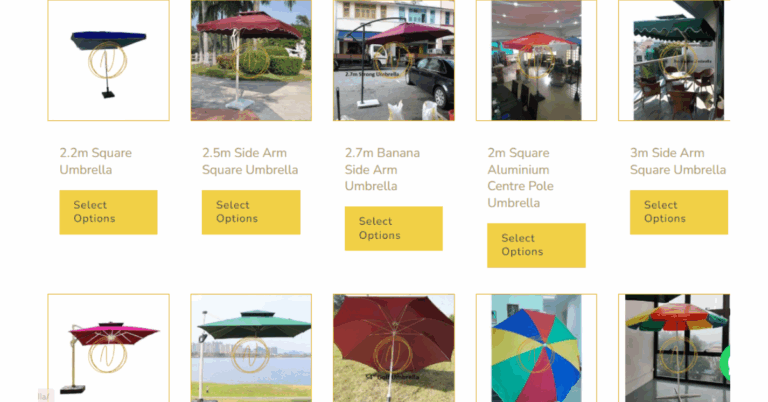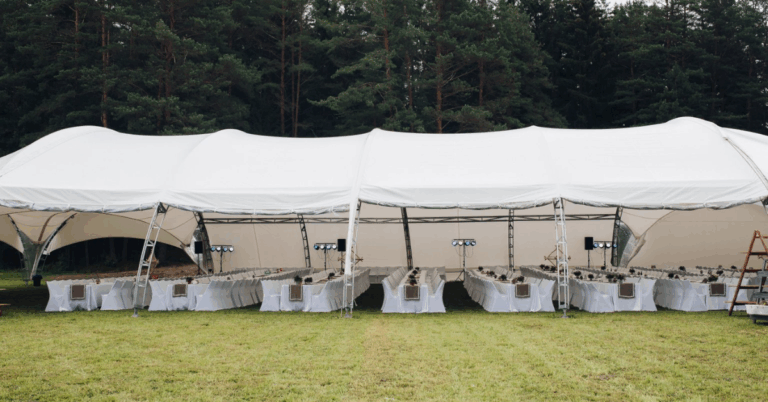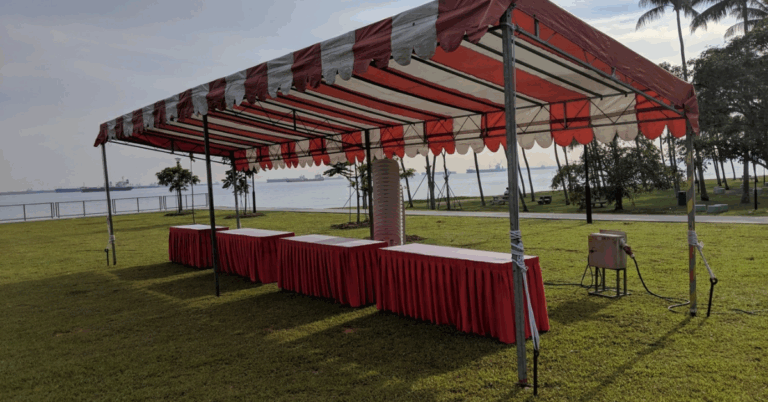Why Are Process Server Business Cards Essential for Professional Success?
A process server is a key player in the justice system, tasked with delivering legal documents to individuals involved in court proceedings. These papers may include subpoenas, summonses, complaints, and other legal notices. Since the job often involves interacting with law firms, private clients, and courts, presenting yourself professionally is critical. That’s where Process Server Business Cards come into play. They’re not merely contact cards—they reflect your professionalism and enhance your reputation in a field where credibility matters.
How Do Business Cards Build a Professional Image?
First impressions can make or break professional relationships. When you meet with lawyers, court clerks, or prospective clients, a polished business card reinforces your image as a reliable and serious process server. It conveys that you’re well-prepared, organized, and confident in your services. Conversely, if you don’t have a business card or present one that looks cheap or cluttered, it may raise doubts about your reliability and attention to detail.
Are Business Cards Still Effective in a Tech-Focused World?
Even in today’s digital age, traditional business cards remain highly relevant. They provide an instant, physical method of sharing your details—no need for apps, scanning, or internet access. For many process servers who work in the field and deal with individuals from various backgrounds, having a tangible card is more practical. It’s also seen as more personal and professional in face-to-face meetings, especially with those in the legal industry who still appreciate traditional etiquette.
What Should Be Included on a Process Server’s Business Card?
An effective business card should contain all essential contact information in a clean, readable format. Your name, job title (such as Licensed Process Server), business name, phone number, email address, and service areas should all be included. You might also add your website and a well-designed logo. Consider listing specialized services like rush service, court filing, or document research. Adding a tagline such as “Prompt and Confidential Legal Deliveries” can highlight your strengths without taking up too much space.
What Design Elements Make a Card Stand Out in the Legal Industry?
Design and layout are vital. A good card uses a simple yet professional color palette—think navy, black, gray, and white. These shades suggest authority and dependability, aligning well with legal services. Fonts should be clean and easy to read. Your name and title should be prominent, with contact details clearly laid out. Keep the design consistent with your brand if you use other marketing materials. Avoid overly artistic fonts or bright, flashy colors that can detract from your credibility.
Which Materials and Finishes Work Best for Process Server Business Cards?
The quality of your card speaks to the quality of your service. Use heavy cardstock to give your card a solid, professional feel. A matte finish is ideal for reducing glare and maintaining a sleek appearance, while gloss can enhance colors and improve durability. If you want to elevate your card’s appearance, embossing or using metallic foil for your logo or name can add sophistication. However, the key is balance—elegance without excess.
When Should You Hand Out Your Business Cards?
As a process server, you should carry business cards everywhere. There are countless moments when sharing your contact information is beneficial—networking events, meetings with attorneys, visits to court offices, or even chance encounters during your day-to-day activities. Include a card when delivering legal documents or mailing invoices. Having a card ready at the right time can lead to more business opportunities and long-term connections.
How Do Business Cards Enhance Local Visibility?
Many process servers operate within specific cities, counties, or legal districts. Business cards help you build a local network by making your contact details readily available to attorneys, clerks, and law firm staff in your area. Leaving cards at legal offices or with court administrators makes it easier for people to reach you when they need a dependable process server on short notice. Word-of-mouth referrals become more likely when your card is already on someone’s desk.
Is It Worth Creating Different Cards for Different Clients?
Depending on the variety of your clients, it may be smart to tailor your cards slightly. For example, if you provide services to both law firms and private individuals, having variations that emphasize different services can help. Some professionals also include QR codes that link to appointment forms, service pricing, or a client portal. These small adaptations can improve client experience and show that you understand the unique needs of each audience.
How Do Business Cards Strengthen Your Brand Identity?
Consistency in branding is vital in building recognition and trust. Your business card should match your website, social media profiles, and any printed materials. Using consistent colors, fonts, and logos helps create a recognizable brand. Over time, this recognition can set you apart from other process servers. If someone sees your card and immediately recalls a positive experience, that’s the power of branding at work.
How Do Business Cards Compare with Digital Marketing Tools?
Digital marketing is crucial, but it can’t fully replace the personal impact of a business card. Cards are a low-cost tool that can work for you even when you’re offline. They complement online efforts by offering a face-to-face touchpoint. When paired with social media or email marketing, business cards can strengthen your presence and convert casual contacts into loyal clients. Plus, they’re reusable and don’t require continuous spending like online ads.
What Mistakes Should Be Avoided When Designing Process Server Business Cards?
It’s important to avoid clutter. Cramming too much text onto a small card makes it hard to read and unappealing. Choose fonts and colors carefully—professional and clear is better than flashy and confusing. Never use low-resolution images or printing services that produce flimsy cards. Also, always proofread to avoid spelling mistakes or outdated contact information. Even one small error can hurt your credibility and cause missed business opportunities.
How Can Process Servers Use Business Cards More Effectively?
Maximize your cards by making them part of your daily business habits. Track where you distribute them and follow up with leads when appropriate. Use them as part of a broader marketing strategy—at events, during client meetings, and with other promotional materials. If you’re attending legal seminars or joining professional organizations, keep cards handy. The goal is to make your services easy to remember and even easier to contact.
Conclusion: Are Business Cards a Smart Investment for Process Servers?
Definitely. Process server business cards are more than just a piece of paper—they’re a reflection of your professionalism, a symbol of your credibility, and a practical tool for building relationships. Whether you’re just starting or looking to grow your business, having a thoughtfully designed, high-quality business card can help you connect, communicate, and convert new clients. In a profession where trust and presentation are everything, your business card might just be your most valuable asset.







